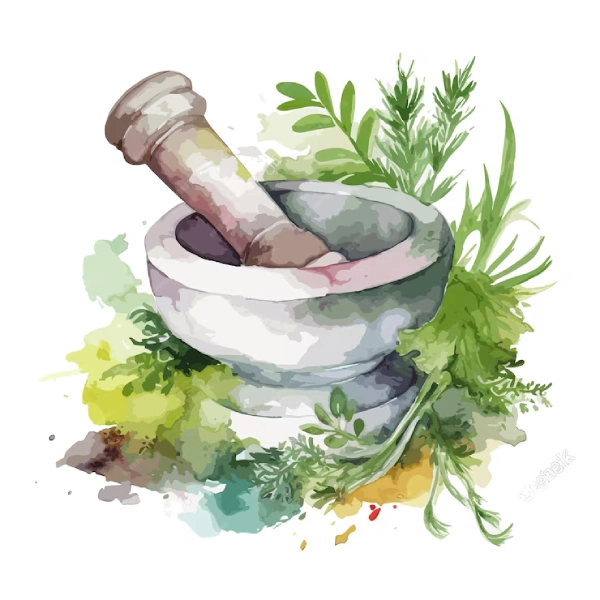The main aim of Ayurveda is to promote health, prevention and treatment of chronic and dreadful diseases. For protection, various sages focused on formula derived from various herbs that can give immediate relief to the human being. According to Ayurveda no ailment can be exclusively physical or psychological. Physical illness affects psychologically and psychological diseases impact living beings physically. For this reason, Ayurveda considers all diseases as psycho-somatic and treat is articulated accordingly.
An Ayurveda practitioner not only treats a person, based on physical symptoms but he also treats them keeping in consideration the condition of spiritual, psychological and physiological tendencies. In addition, energetic forces, body tissues, and waste products are also considered for treatment of a patient. Hence, Ayurveda is not only a symptomatic treatment but also a systemic one that leads human to attainment of complete health. Each medicine in Ayurveda acts as a rejuvenator. Immunity enhancing medicines and dietary regimen is a gift of Ayurveda to Mankind.

Along with medicinal treatment, a detailed description of a healthy daily regimen like waking up early, drinking water on an empty stomach, bowel movements, cleaning the teeth; body massage,yoga, pranayam, selection of clothes and importance of wearing ornaments all are described in Ayurveda. Similarly, the detailed description of night regimen including sleeping early, diet, time of dinner and conduct are also given in Ayurveda. Ayurveda also elaborates behavior, diet, lifestyle and clothing during different seasons. Adapting seasonal regimen helps to keep the health better and prevent disease. To achieve complete healthy and happy life, Ayurveda also emphasize religious and moral duties, the moderate pursuit of wealth, avoiding unnecessary desire and striving for liberation.
